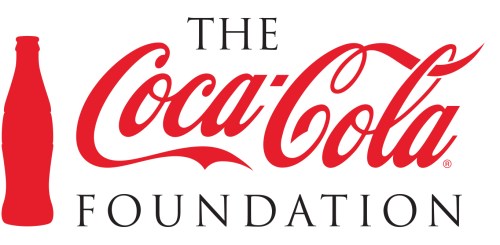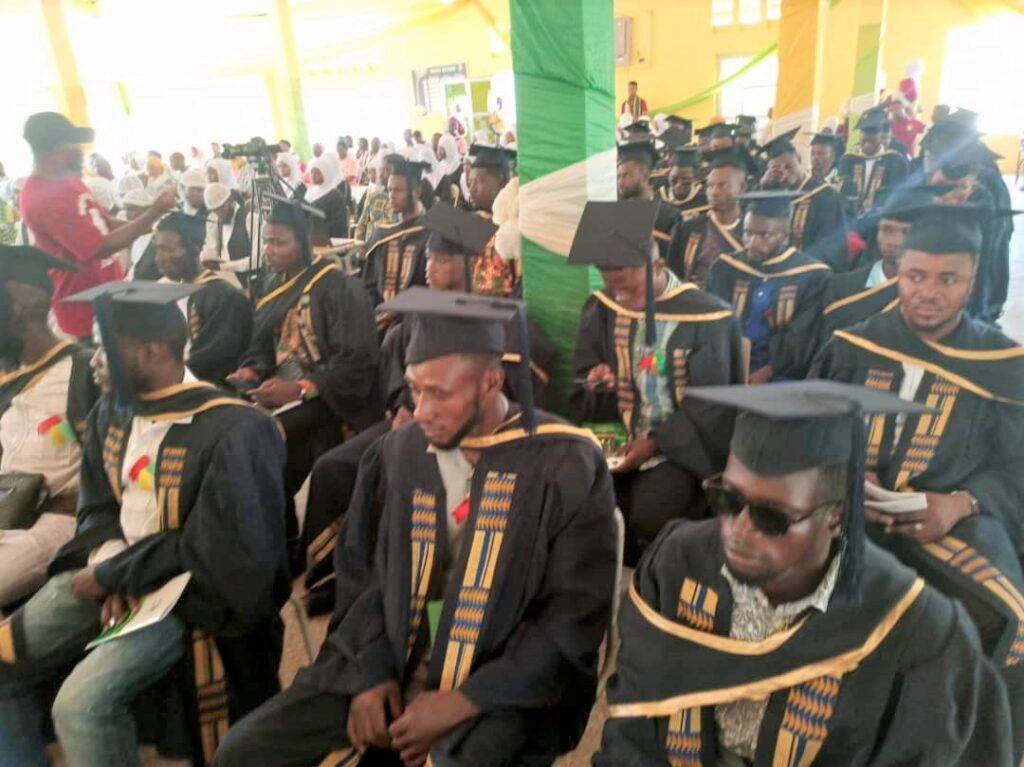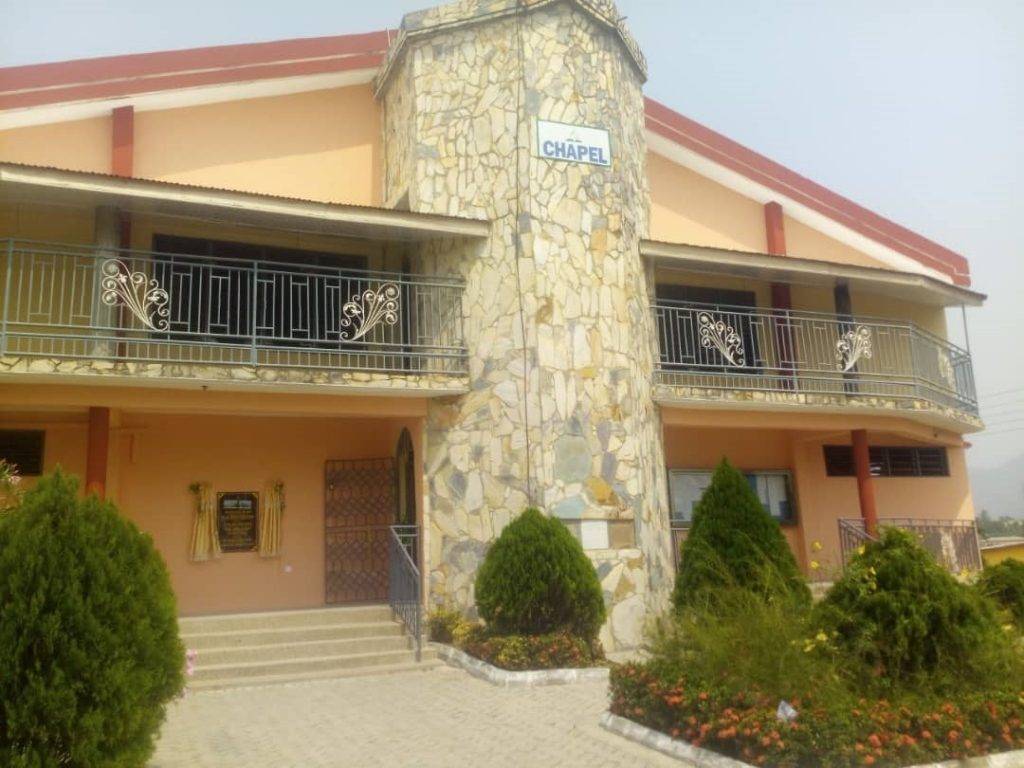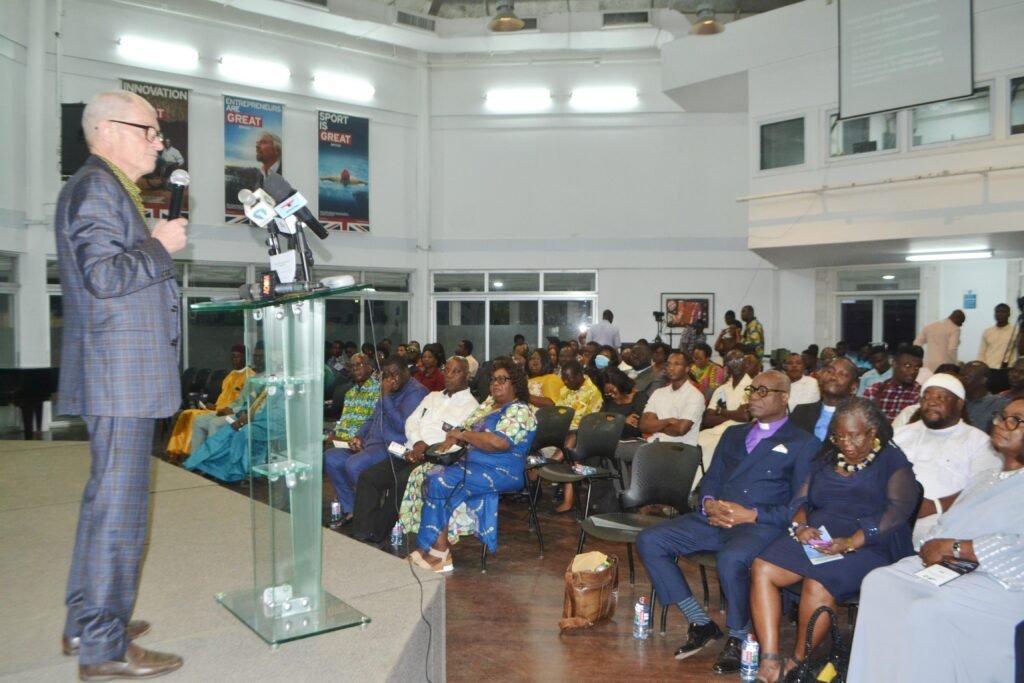
Communicators from the five universities collaborating with Colleges of Education across the country to roll out the Bachelor of Education (B.Ed) programme have undergone training to support implementation of the programme.
The University of Ghana, Kwame Nkrumah University of Science and Technology (KNUST), University of Cape Coast (UCC), University of Education, Winneba (UEW) and University for Development Studies (UDS) are the universities involved in the programme.
The training was to explore ways to support the roadmap for the delivery of the B.Ed programme and to address emerging communication issues.
Among the facilitators were Robin Todd, Professor Jophus Anamuah-Mensah, Akwasi Addae-Boahene, Dr Eric Ananga, Robin Todd, Dinah Adiko and Enock Gyan.
From October 2019, six colleges of education would collaborate with the five universities to roll out the new B. Ed programme approved by the National Accreditation Board in July 2018.
Prior to the approval, a National Teachers' Standards (NTS) and National Teacher Education Curriculum Framework (NTECF) were produced and approved by Cabinet.
The B.Ed programme is the cumulative work undertaken by Ghanaian educators under the Transforming Teacher Education and Learning (T-TEL), a six-year (2014-2020) government of Ghana programme, funded by UKaid and intended to transform the delivery of pre-service teacher education.
All basic school teachers would have to study and attain a Bachelor of Education (B.Ed.) degree aligned to the NTECF and delivered by the 46 colleges of education in Ghana through their affiliate public universities.
The affiliations were to ensure that each college of education receives relevant mentoring and maximum benefit from the relationship.
The curriculum has been developed to employ interactive, inclusive and innovative teaching and learning techniques while introducing changes in the overall assessment of pre-service teachers.
The programme has three specialisms, the B. Ed Early Grade Teacher Education, B.Ed Upper Primary Teacher Education and the B. Ed JHS Teacher Education programmes, the latter having specialist subject areas.
It is expected to improve learning outcomes and ensure children are motivated to be life-long learners beyond their time in school.
Read Full Story


















Facebook
Twitter
Pinterest
Instagram
Google+
YouTube
LinkedIn
RSS